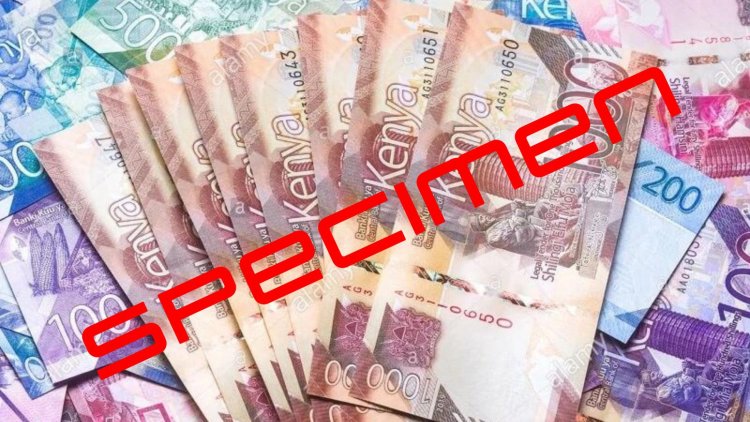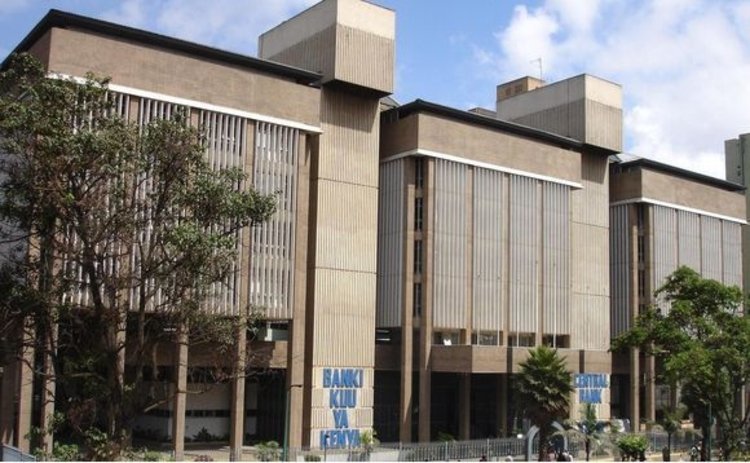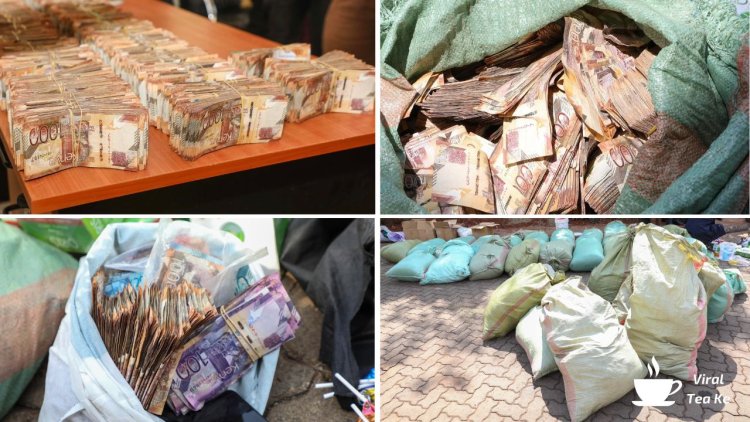CBK Warns Kenyans Against Illegal Money Transfers
CBK noted that there are entities and persons providing money or value transfer services without the requisite license or authorization from the bank regulator.

The Central Bank of Kenya (CBK) has urged Kenyans to be wary of engaging firms providing money remittance services without licenses.
In a statement on Monday, November 6, CBK noted that there are entities and persons providing money or value transfer services without the requisite license or authorization from the bank regulator.
It further indicated that money or value transfer services include payment services regulated under the National Payment System Act, 2011 and money remittance services regulated under the Money Remittance Regulations, 2013.

An image of the Central Bank of Kenya in Nairobi. /FILE
"This is to inform members of the public that it is a criminal offence to provide money or value transfer services without a license or authorization from the CBK," affirmed CBK.
"Such services do not enjoy the protection of the law and consumers stand to lose in case of any default by the providers of these services."
The bank regulator added that licensed entities operate as payment service providers or money remittance providers and they conspicuously display the CBK license or authorization in their business premises, for ease of public reference.
The list of licensed money remittance providers and payment service providers can be accessed on the CBK website at https://www.centralbank.go.ke/.
"This is to caution and/or warn members of the public against seeking money or value transfer services such as “hawala" from unlicensed service providers.
"The CBK has a duty to identify entities and persons providing unlicensed or unauthorized money or value transfer services and to have them prosecuted in a court of law," added CBK.
Hawala, also known as hundi, is a traditional informal
It relies on a network of hawala brokers (hawaladars), who transfer money on behalf of clients without the use of a traditional financial institution (FI).
Hawala is largely associated with money laundering because it provides anonymity during transactions hence the source of money cannot be traced.
Members of the public were requested to submit to the CBK, information on the identities and physical locations of entities and persons providing money or value services without a license or authorization from CBK.
The information may be submitted anonymously if the person reporting does not wish to disclose his/her identity.







